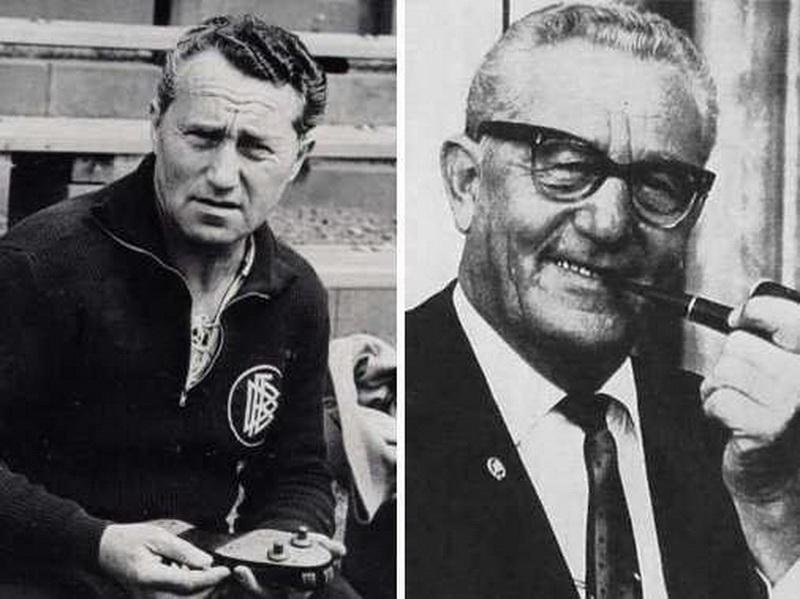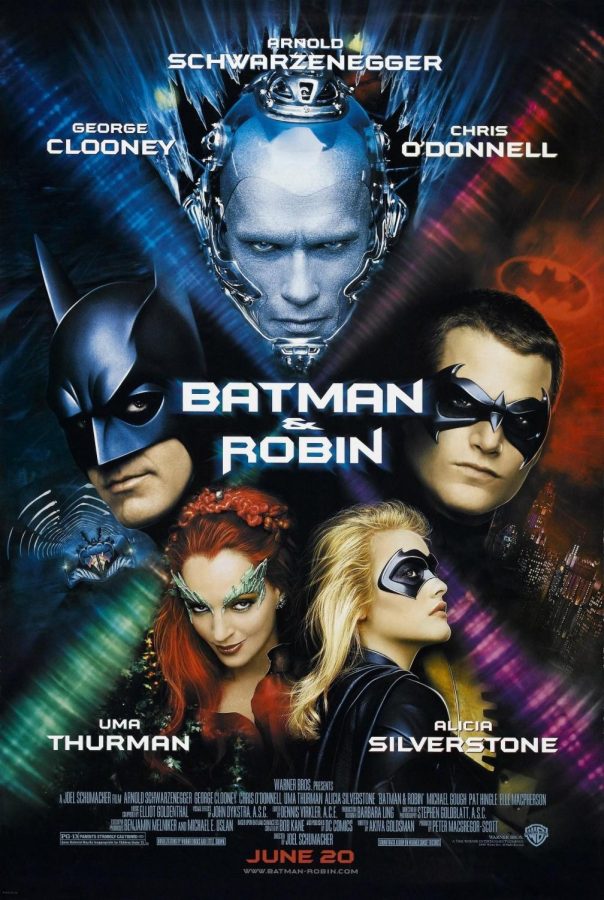One day I was watching sports and I was wondering to myself, Can logic correlate to sports, like boxing, tennis, mixed martial arts (MMA), and basketball?
I also wondered to myself, If three is more than two, and two is more than one, then three should win against one, right? (Or as an equation: 3>2>1).
Then I thought to myself, This logic should decide also the winner of certain sports and contests.
It always intrigued me how I can use logic in real life events and sports to determine the winner of a contest. So I asked myself, Why not do an experiment in the sport of MMA in the UFC’s Bantamweight Division?
I took a look at three different athletes at that weight, all competing against each other: TJ Dillashaw, Dominick Cruz, and Cody Garbrandt. On the night of January 17, 2016, a bout between Cruz and Dillashaw took place for the Bantamweight Championship, which Cruz had vacated one year prior.
Cruz defeated Dillashaw by split decision to regain the Bantamweight title. The unorthodox movement of Cruz proved to be too much for Dillashaw to handle, which resulted in Dillashaw missing almost every strike he threw.
As a result of this, Dillashaw became desperate, as he knew he was behind on the scorecards, which resulted in a panic. Cruz was calm and collected, while Dillashaw was missing his throws. Because he was too emotionally invested in his approach, he was not thinking and threw his game plan out the window.
Keep all of this in mind, because Cruz would later face a contender named Cody Garbrandt very soon.
On the day of December 30th, Cruz was set to defend his Bantamweight title against the fourth-ranked contender, Garbrandt. What Cruz had not known was that Garbrandt had been studying his tendencies since he was a young boy in high school.
As Round One began, it was apparent that Cruz had nothing to offer offensively to Garbrandt. Every swing Cruz took was swiftly avoided and countered by his opponent. Cruz started getting overzealous, swinging with power but missing. Garbrandt won the match by unanimous decision and claimed the Bantamweight Championship from Cruz.
To make a long story short, Garbrandt made Cruz look like an amateur who was in way over his head. I just kept wondering that if Garbrandt could handle Cruz this way, then surely Garbrandt could beat the guy that Cruz had beaten back in January. It just really intrigued me, but I was certain that if Garbrandt could beat Cruz, and Cruz could beat Dillashaw, then surely Garbrandt could beat Dillashaw.
After Cruz lost his bout with Garbrandt, Dillashaw made his way back up to the number one contender spot in the 135 pound rankings. With Garbrandt as champion, the bout between him and Dillashaw was set for November 4, 2017.
Before the bout, Dillashaw had gotten into Garbrandt’s head. During the fight, Garbrandt abandoned everything that had gotten him the win against Cruz, and his game plan was just to swing recklessly at his opponent.
The end result was that Dillashaw defeated Garbrandt to reclaim the Bantamweight Championship. Ultimately, this proved that logic cannot be used in a sports setting, for the simple reason that “styles make matchups.” To unlock success, an MMA fighter cannot use the same style that got them to where he is today. Not every key will fit into the same lock.
After watching these events, it taught me a very valuable lesson: logic simply does not work in every sporting event. Rather than looking at a sport like MMA logically, we should look at it as an emotional battle between human beings. A rock-paper-scissors approach does not always work. That’s how sports as a whole should be seen.









